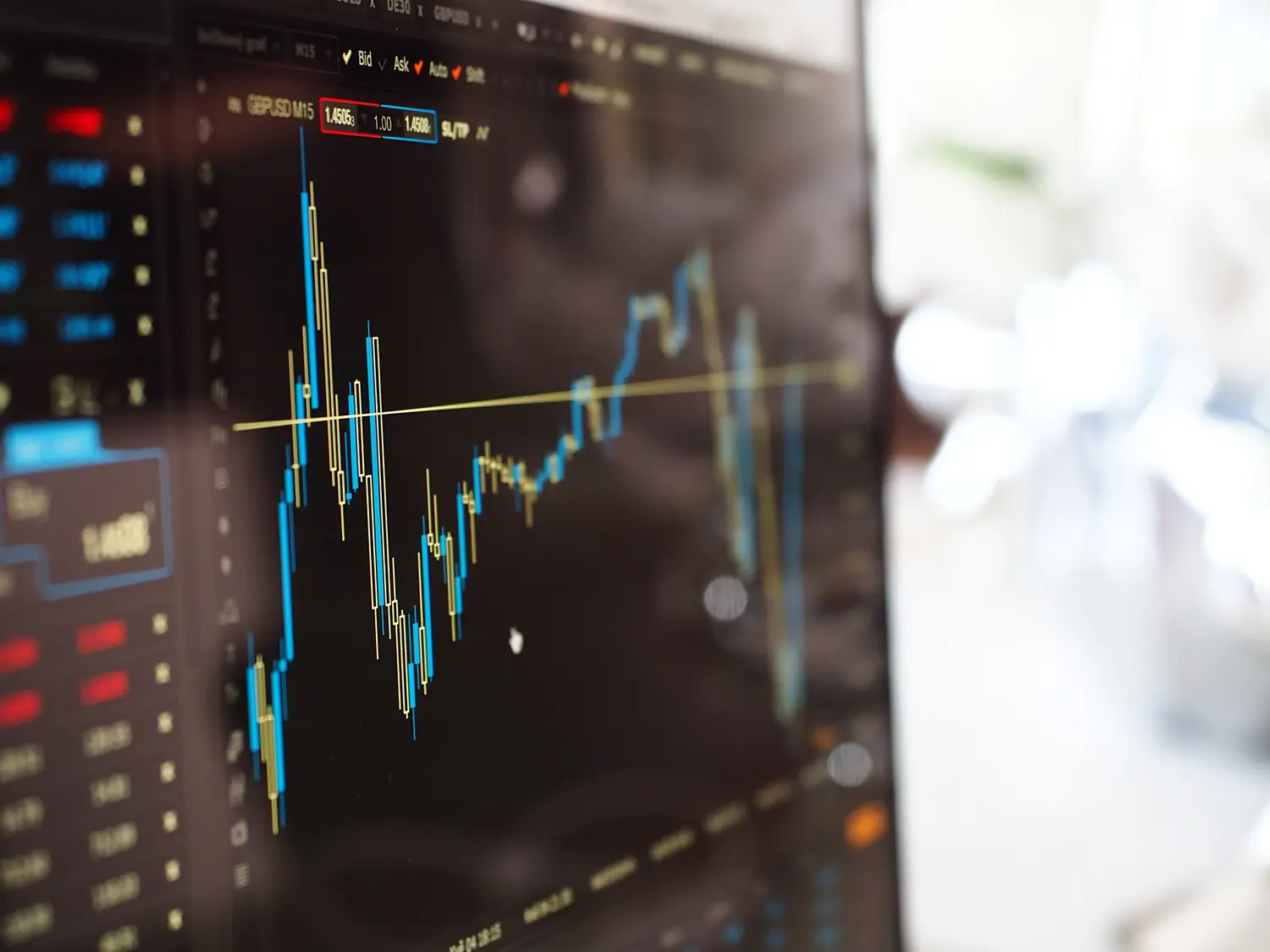You may know the value of all your company’s assets, but what about the biggest asset it has? That asset would be its data. And while some companies are discovering the value of their big data, they may not know, literally, their data worth. And if you don’t know your data worth, you may not be able to protect it or value it properly as an asset.
So how do you figure out how much your data is worth? There’s actually an entire field devoted to the issue, called infonomics. Insurance and accounting industries do not, in general, consider data to be an asset, writes Nicole Laskowski in TechTarget. But the debate itself is a red herring. Regardless of how insurers and accountants define it, CIOs, CFOs and, increasingly, CMOs know data has value. The key is figuring out how much value. That’s where infonomics, or the economics of information, comes in.
This is particularly true for IT, writes Gartner analyst Doug Laney in the Center for Infonomics blog. Yet while as a physical asset, technology is easily given a value attribution and represented on balance sheets, information is treated as an asset also ran or byproduct of the IT department, he writes. Your company likely accounts for and manages your office furniture with greater discipline than your information assets.

Part of the challenge in valuing data is a lack of standards, writes Vipal Monga in the Wall Street Journal in 2014. Among the issues: how to account for time employees spent gathering data as an expense or a capital investment? he writes. Companies also would have to estimate the shelf-life of their data, figure out its future worth and track and report any changes in its value. Crunching those numbers would be relatively easy for a physical asset like a factory. But in the squishy world of intangibles, there’s little precedent for such calculations.
Another nuance to valuing data has to do with the data’s purpose. Assigning value to information is possible, but it requires understanding how the information was acquired and how it’s going to be used, writes Canadian consultant Chris Walker. You can’t use the same metrics and methods for a purchased subscriber list destined for telemarketing as you would for HR policies developed by internal resources.
Gartner Inc. has come up with a number of ways to value data, such as:
- How much it would cost to replace it
- How much it contributes to the revenue of the organization.
- How much you could make by renting or selling it
Another reason it’s important to figure out how much your data is worth is for cybersecurity, write Dante Disparte and Daniel Wagner in Harvard Business Review. Failure to accurately quantify the enterprise value of data (EvD) may therefore woefully undervalue the importance of cyber-security investments, as well as the face values typically applied to cyber insurance policies, they warn.
Even outside of hackers, companies can lose their data through means like disasters such as 9/11, when a number of companies located in the Twin Towers found that they weren’t able to file insurance claims based on the information they had lost. However, the insurance companies denied the claims, saying they didn’t believe that information constitutes property and therefore were not covered under P&C policies, writes Alex Woodie in Datanami. What’s more, by a month after 9/11 the insurance companies changed the commercial general liability policy standard used by most insurance companies around the world to explicitly exclude information from such policies, he adds.
The challenge is to quantify the precise value of data to a firm so that economic value can be ascribed to this asset class over time. This means determining not only what EvD means today, but what it will mean for the firm in the future, Disparte and Wagner write. In the same way that banks must constantly balance assets and liabilities, data-laden firms need to move from cyber-defense and fire-fighting toward more proactive management of what could prove to be their most important asset. In fact, they write that they expect that the value of data will soon be included in corporate accounting.
Another reason to find out the value of corporate data? If it doesn’t have any, then you can stop spending money and time protecting it, Woodie writes. Calculating data’s value can also help in a merger situation, adds Kevin Lonergan in Information Age.
That said, others disagree that data in and of itself has a value. The ˜data is an asset’ rhetoric doesn’t translate to putting a monetary value on a customer record, as an example, because data in and of itself has no value! writes Forrester analyst Rob Karel. The only value data/information has to offer and the reason I do still consider it an ˜asset’ at all is in the context of the business processes, decisions, customer experiences, and competitive differentiators it can enable. For example, a customer record itself has no value; it’s the future anticipated revenue and the future anticipated account maintenance costs that define the value.
This article was originally published on the Laserfiche Blog. Laserfiche is a leading SaaS provider of intelligent content management and business process automation.
